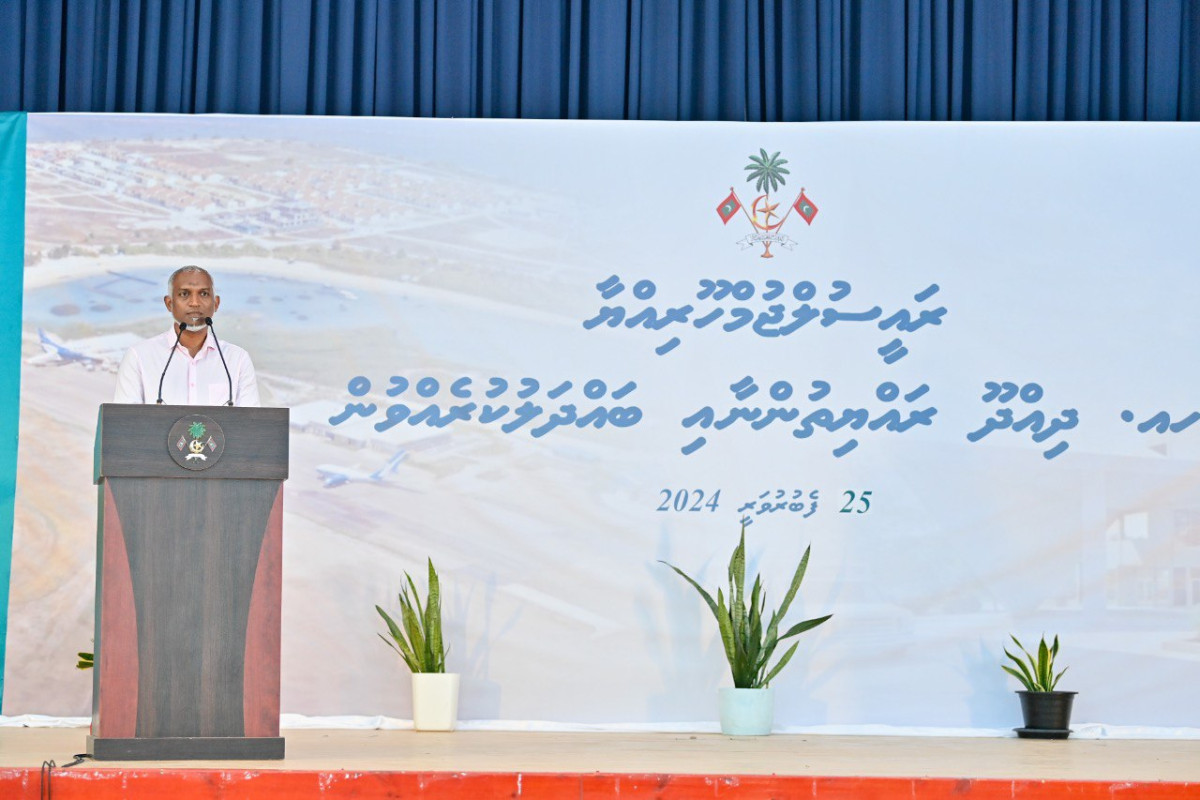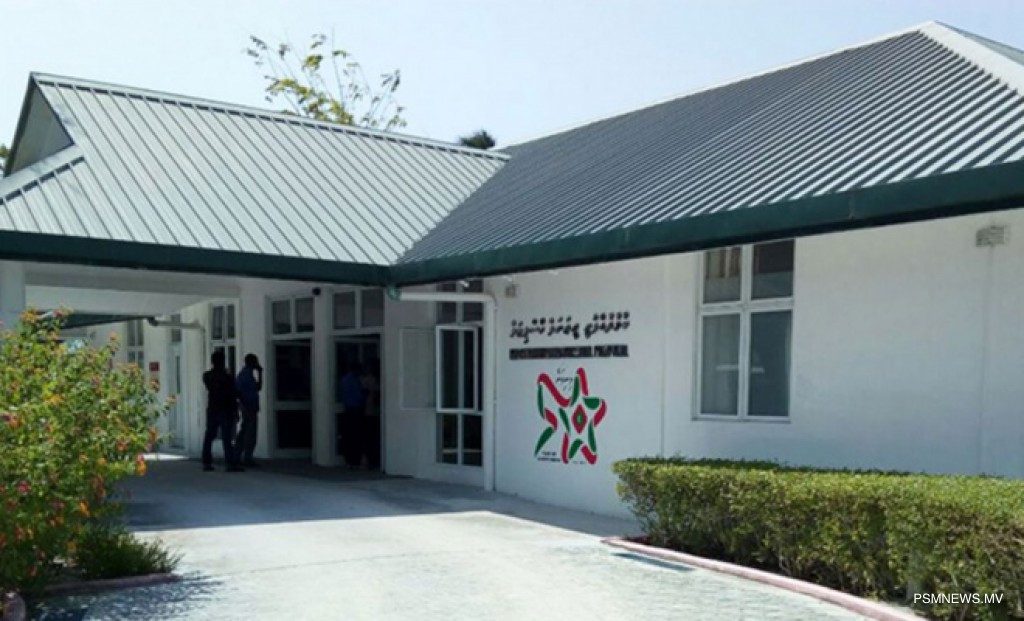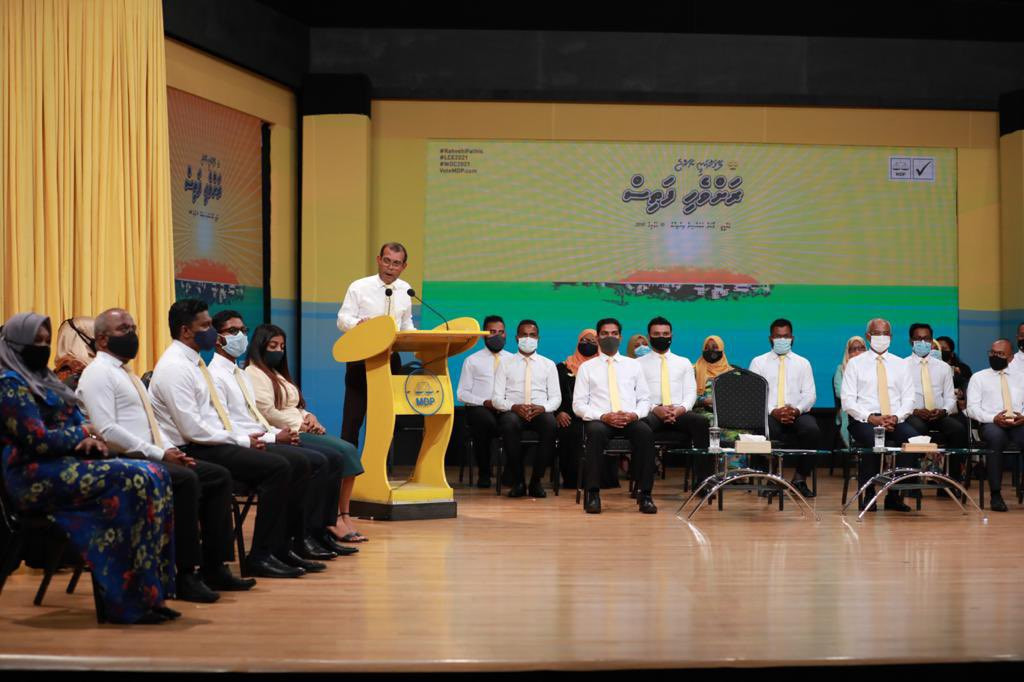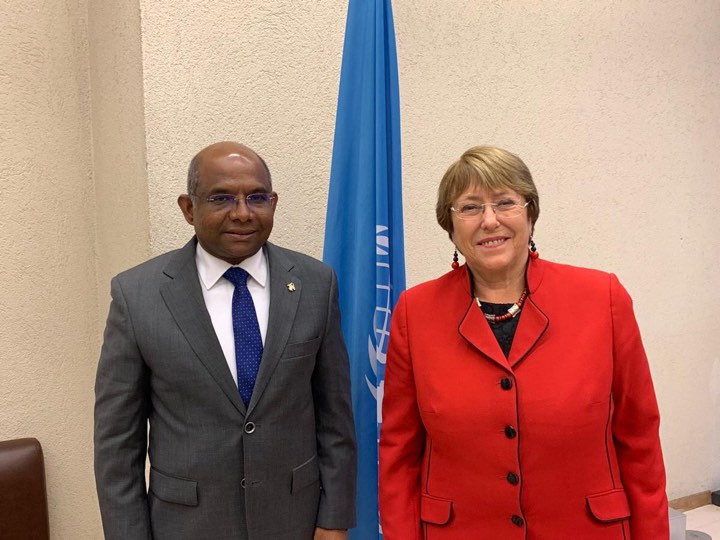Maldives: filled with sham and hypocrisy
30 nations led by UK in joint statement on Wednesday called on the Maldives to ensure independence of the judiciary and all independent institutions

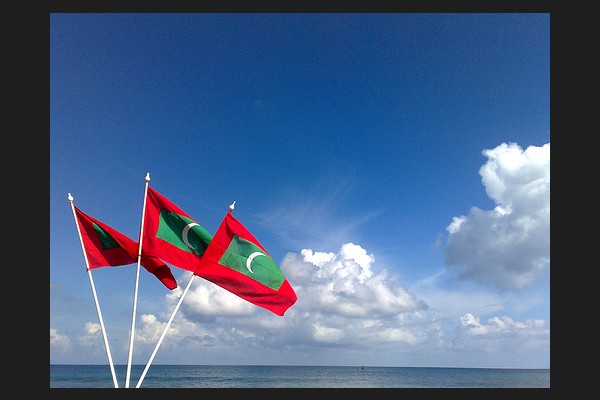
Maldives became a member state of the United Nations on September 21, 1965
Responding to a joint statement by 30 nations, led by the United Kingdom, calling on the Maldives “to ensure independence of the judiciary and independent institution”, the government had said that the statement “was unwarranted and unconstructive”.
The government of Maldives accused the thirty nations of “misrepresenting the reality in the Maldives and unduly attempting to affect the domestic politics in the country”, and that human rights requires “constant vigilance and effort, with multiple challenges for a small country with limited resources”. It further accused UK of targeting “a small nation”.
Both statements were made at the 35th United Nations Human Rights Council on Wednesday, with Maldives also pointing out that the UK is yet to domestically implement the human rights standards it calls for internationally.
Now, let us have a close look at some of these points made by the government in their response.
It says that this was a misrepresentation of the situation in the Maldives, meaning that the judiciary is independent, which of course is why, less than 24 hours after the statement, authorities went and arrested a senior official of the Maldives United Opposition (MUO), over charges of ‘inciting to overthrow and defame the government’.
While the arrest was solely based on "a secret police intelligence report", it noted that Azim’s arrest is necessary as he "might attempt tamper with evidence".
Adam Azim, younger brother of jailed former Defence Minister Colonel (Rtd.) Mohamed Nazim, was arrested on Thursday morning, and issued a remand of six days.
The united opposition, including those most senior, have condemned the move, accusing the government of arresting the Minister of Trade of its shadow cabinet over “trumped up charges”.
Let’s not forget that there is also room to question whether Azim’s sudden arrest has something to do with the fact the jailed lawmaker Ahmed Mahloof’s release on Friday, replace one with another right?
Most recently, in an interview to RaajjeTV’s ‘Fala Surukhee’ programme on Tuesday, Azim had said that “friendship is a foreign concept to the current administration”, reflecting on its foreign policy, and decision to sever diplomatic ties with Qatar.
The government’s statement also noted that the UK-led statement had been “unwarranted and unconstructive” i.e that it was not justified or beneficial. It also claimed that the statement attempted to unduly “affect the domestic politics” of a small country like Maldives.
It is undoubtedly amazing how the Maldives chooses to see itself as a smaller or a bigger nation, to suit the official narrative at that time, without accepting the responsibilities that come with that size. Which is what it seems to have done in its decision to cut ties with Qatar, all the while complaining about how bigger countries keep picking on smaller countries.
Maldives joined five Arab nations on Monday, in severing ties with Doha, accusing it of “encouraging terrorism and extremism”.
Qatar denounced the decisions of these nations- Saudi Arabia, Egypt, United Arab Emirates, Yemen, Bahrain and Maldives- also responding that these measures were “unjustified” and “baseless”, adding that the aim of the boycott is “to impose guardianship” in Qatar.
While there are many reasons that the Maldives’ decision to boycott Qatar does not make sense, one huge reason is that the country intends to continue economic ties with the state
The public, who has criticized the decision, has been flooding social media with jokes over this, and the best one is that Maldives is the country “asking for alimony after the divorce”.

